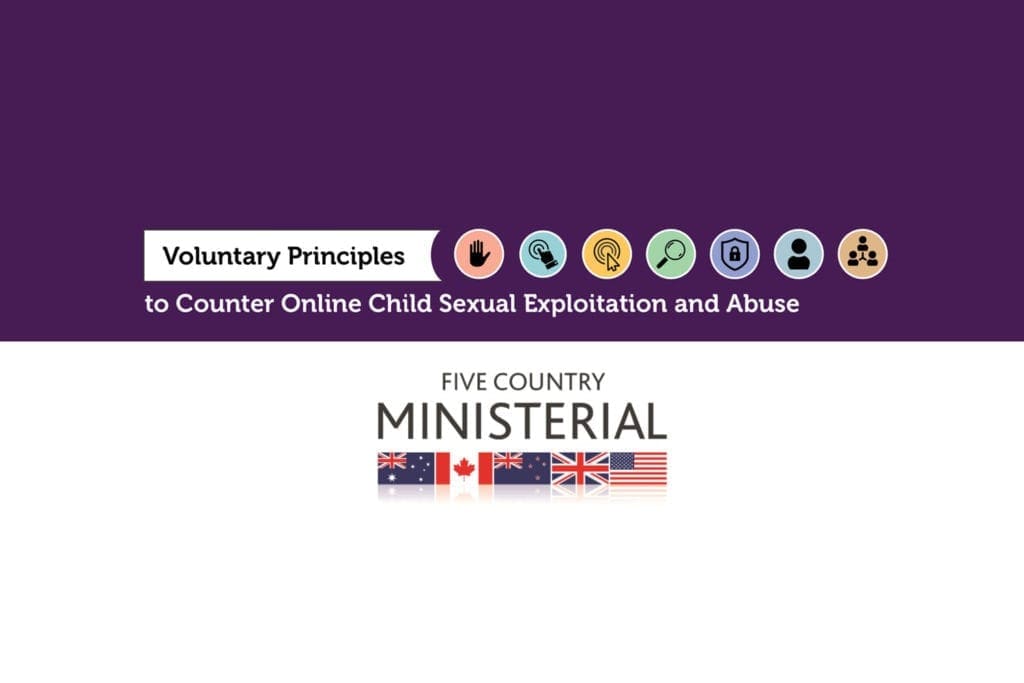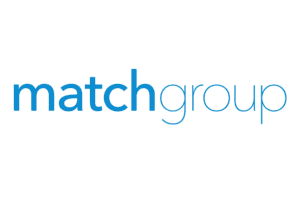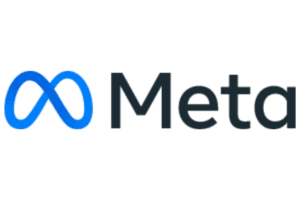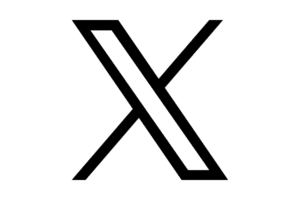Voluntary Principles to Counter Online Child Sexual Exploitation and Abuse

Five-Country Ministerial – Tool
On 5 March 2020 a set of Voluntary Principles to Counter Online Child Sexual Exploitation and Abuse was launched in Washington DC. These principles were developed by the Five Country governments (Australia, Canada, New Zealand, UK and US) in consultation with six leading technology companies and a broad range of experts from industry, civil society and academia.
The Voluntary Principles cover issues ranging from online grooming and livestreaming of child sexual abuse to industry transparency and reporting. They are designed to be flexible for all companies to implement (regardless of size or platform format), and provide a strong message for companies to address the scale and nature of the online child sexual abuse facilitated by their platforms.
The Five Country governments have partnered with the WePROTECT Global Alliance (now WeProtect Global Alliance) to promote the Principles globally and drive collective industry action. The Alliance will connect subject matter experts to share best practices and analyse the evolving threat environment to identify gaps in the global response.
The companies which have endorsed the Voluntary Principles have been listed on this page in the interests of improved transparency and accountability. Their inclusion does not automatically infer that the companies have implemented the principles.
The fact that a company has signed up to the Voluntary Principles does not in any way mean that the Five Country Working Group to Tackle Child Sexual Exploitation and Abuse (representing the governments of the USA, Canada, UK, Australia and New Zealand) or any of the five countries individually endorses a particular company’s business model or approach to tackling child sexual exploitation and abuse and child safety.
The following Alliance members have endorsed these Principles:
See also: Guide for tech companies
The Guide for tech companies considering supporting the “Voluntary Principles to Counter Online Child Sexual Exploitation and Abuse”.
Page last updated on 16th November 2024

















